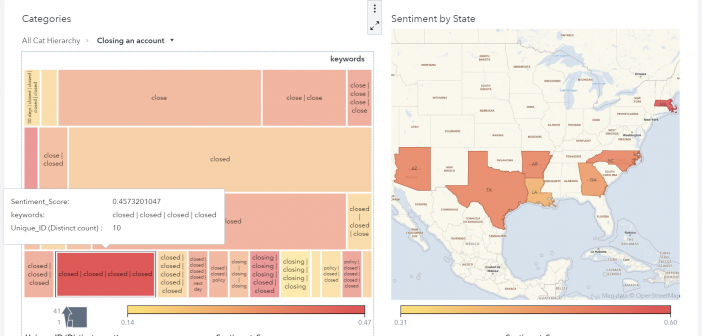Government Data Connection
Using data to serve citizens, save money & improve quality of life
It is increasingly possible to use text analytics to explore different types of data. When a news story this summer caught my eye, I decided to see if I could use SAS Visual Text Analytics (VTA) and SAS Visual Analytics (VA) on customer complaints to provide information that might be

“What’s our plan if we get hit by a big flood?” While this question may be plenty familiar to emergency management professionals, city administrators, legislators, and other leaders in coastal regions that are known for their exposure to potentially disastrous weather events, these days it’s being asked in some unexpected

During lockdowns across Europe and beyond, we all moved our lives online. We worked remotely and had meetings via Teams or Zoom. We also socialised and shopped online. For many people, this was familiar territory. For others, it opened up a whole new world—and highlighted significant problems with the ‘old


